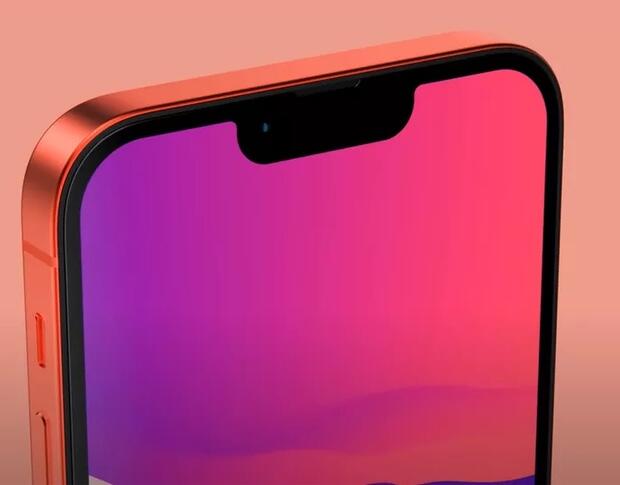Apple’s iPhone 13 is likely nearing launch. Check out this top iPhone 13 features wish list that focuses on security, performance and form factor, and tell us what you would add or remove.

Image: CNET
You can almost smell the anticipation of new iPhones. Last year, Apple had a huge hit with the iPhone 12, 12 Pro, and 12 Pro Max devices, and this year I expect that iPhone 13 (or 12s depending on what you think the Apple marketing team will call it) will be popular, particularly with businesses looking to upgrade their aging fleet of iPhone 8 and iPhone X devices.
SEE: Electronic communication policy (TechRepublic Premium)
The iPhone 13 rumors include the usual upgrades like better cameras, faster processors and changed outer device specifications, all of which might compel users to get a new device. When considering what businesses may want from the next iPhone lineup, I’ll focus on three main areas: form factor, security and performance.
Form factor
The iPhone 12 lineup featured a vast array of device sizes and specifications. This allowed businesses and users to ensure they got a device that worked for them as it related to size, storage space and features (i.e. want more storage and a better camera? Go iPhone 12 Pro or Pro Max; Want a smaller device that packs a lot of features into it? Go iPhone 12 mini).
SEE: Your iPhone and the Pegasus spyware hack: What you need to know (TechRepublic)
The iPhone 12 is one of the best lineups for device diversity, and I hope Apple continues and even expands upon it with the iPhone 13, despite rumors that they may not keep the mini size around going forward.
Not only would we like to see the same device sizes and lineup going forward, but would even like an expanded lineup, allowing enterprise customers to customize the features they want in their devices, including cheaper devices that drop some of the flashier features, but retain the processors
Security
Apple is already building some of the most secure devices in the industry, but when it comes to physical security, we would like to see Apple do even more. As it relates to hardware, we would like to see a few things change. First is that we would like to see dual biometric options on the iPhone 13: Implementing Touch ID and Face ID on the same device means that we could authenticate more efficiently regardless of if we’re looking directly at the device or not. This could allow applications to also request one form of biometrics (or both) over just a singular one, allowing apps to be more secure for sensitive tasks.
SEE: Smartphone shipments jump by 13% as market returns toward sustained growth (TechRepublic)
In addition, most of the exploits on mobile devices have been through physical access. We would like to see Apple finally ditch the Lightning port (or make it optional only on certain models) so that one of the final physical security threats can be patched on iOS devices. Without physical access through the Lightning port, authorities and bad actors will be forced to open the device or use other means to attempt access to data, leaving owners aware of any such attempts at access.
Performance
With the advent of the M1 processors for Macs and now the iPad Pro, we would like to see Apple bring the processing and performance of that chip over to the iPhone on at least the Pro models to allow us to get more performance (and therefore more on-the-go processing ability) on the device. This would speed up things like editing and exporting videos, photos and even eke out more performance for things like ARKit apps for business use.
SEE: How to power through your iOS 15 reminders with tagging and smart lists (TechRepublic)
Machine learning is another huge area for investment in performance by Apple, as we see the need to process more and more data on devices. We would like to see an increase in speed and machine learning, especially as we’re relying on it more and more these days for business applications.
If Apple were to implement its faster processors in the next iPhone, it would mean that the longevity of these devices would be extended even further, allowing companies to get more years of service out of the devices.
Also see
Source of Article




